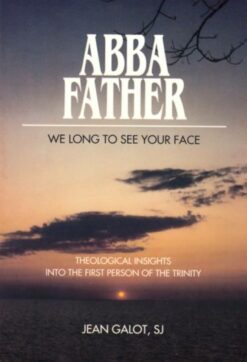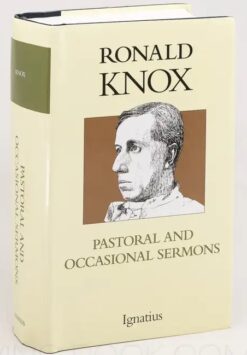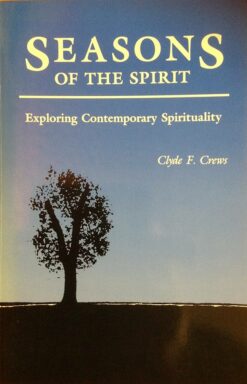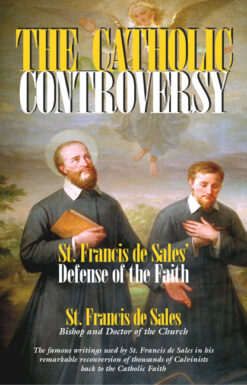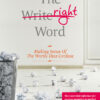-
×
 18CM PADRE PIO PORCELLANA 1108
1 × €10.50
18CM PADRE PIO PORCELLANA 1108
1 × €10.50 -
×
 ECCE HOMO N.4
1 × €59.00
ECCE HOMO N.4
1 × €59.00 -
×
 SACRED HEART OF JESUS STATUE 50CM
1 × €219.95
SACRED HEART OF JESUS STATUE 50CM
1 × €219.95
’Affect’ or ‘effect’? ‘Right’, ‘write’ or ‘rite’? ‘Soul’ or ‘sole’? English can certainly be a confusing language, whether you’re a native speaker or learning it as a second language. This is the essential reference to help people master its subtleties and avoid making mistakes.
Divided into three sections, The Right Word first examines homophones, those tricky words that sound the same but are spelled differently.
Entries are organised alphabetically, with meanings and examples (including colloquial ones) being given to facilitate correct use. The book then looks at words that often confuse – childish versus childlike, and incredible versus incredulous, for example – before providing a list of commonly misspelled words. It’s a book that deserves a place on every bookshelf: at home, in the study and at the office.
This book is an easy-to-use reference guide to the words that most commonly confuse people in written English, written by a teacher and journalist with years of experience in effective writing and communication. It is ideal for:
students of English, especially those for whom English is a second language;
crossword addicts;
businesspeople wanting to improve written communication;
useful general reference for anyone with an interest in words and language.
As a former Chinese student studying in Australia for the first time, there were a number of hurdles to overcome in order to succeed in my studies. The English language can be very confusing, with its multiple meanings for similar-sounding words being the greatest point of confusion. The Right Word is certainly a valuable tool in mastering the English language and a must-have companion when writing for formal or academic assignments. I highly recommend this book to anybody wanting to improve their level of professionalism in English, both written and spoken. – Liying Taylor, accountant




